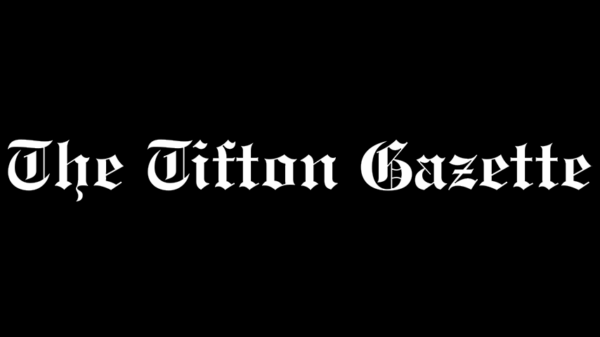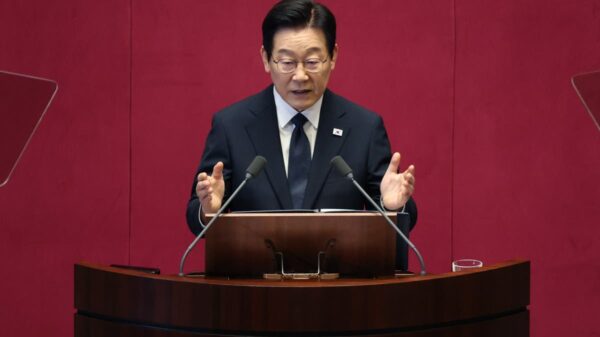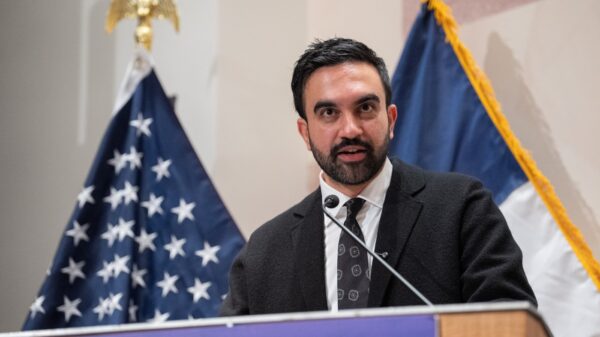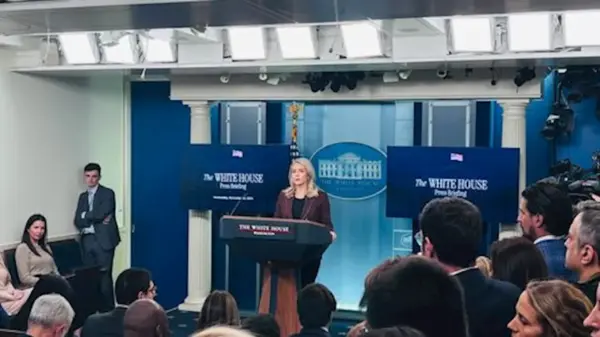California Insurance Commissioner Ricardo Lara has introduced a proposed rule that has drawn sharp criticism from consumer advocacy groups, particularly Consumer Watchdog. Critics claim the changes serve as retaliation against the organization, which has been vocal in challenging insurance rate hikes.
The proposed modifications aim to alter the insurance rate-review process, which Lara asserts will improve efficiency and encourage insurance companies to continue offering new policies. Central to this debate is the focus on areas at high risk for wildfires, where insurance companies have been hesitant to underwrite new policies due to rising costs and the increasing frequency of natural disasters.
Last week, Lara outlined his plan to streamline the rate-review process, claiming it would benefit consumers by allowing for quicker rate approvals. However, Jamie Court, president of Consumer Watchdog, described the proposal as “vindictive,” suggesting that the changes would facilitate higher rates for consumers. “This is Trumpian,” Court remarked, highlighting the organization’s belief that Lara is targeting his critics rather than addressing the underlying issues facing California’s insurance market.
The proposed rule includes new timelines and guidelines for public intervenors—individuals or groups that challenge insurer rate requests. Consumer Watchdog has been a prominent intervenor in California, playing a crucial role in upholding the state’s Proposition 103 insurance law. Court noted that the alterations would impose stricter requirements on intervenors and administrative law judges, which could discourage public participation in rate approvals and make it more challenging for consumer advocates to secure compensation for their work.
Court has stated that the changes could lead to rapid and unjustified premium increases. “Lara’s term expires next year, and he’s exacting his revenge,” he told CalMatters, adding that the organization is contemplating legal action in response to the proposed rule.
Michael Soller, spokesperson for the California Department of Insurance, refrained from addressing Court’s allegations directly but emphasized that Consumer Watchdog and others would have the opportunity to voice their concerns during the public comment period starting on October 3, 2023. A formal hearing on the proposal is scheduled for November 20, 2023.
The American Property Casualty Insurance Association has expressed support for Lara’s proposal. Denni Ritter, the association’s vice president for state government relations, stated that the current intervenor process is unique in the nation and has contributed to the ongoing insurance crisis by delaying approvals and increasing costs for consumers.
Critics of Consumer Watchdog have raised questions about its motives over the years, suggesting that the organization has used the insurance law it helped to create to benefit its leaders. Despite this, Consumer Watchdog asserts that it has saved Californians more than $6 billion in home and auto insurance premiums between 2002 and 2024. The organization claims to have received $14.2 million in compensation under the intervenor system, amounting to 25 cents for every $100 saved for consumers.
In a broader context, California faces significant challenges due to escalating housing costs and climate change-related risks that make insurance more complex and expensive. Robert Herrell, executive director of the Consumer Federation of California, noted that while he does not always align with Consumer Watchdog, their work has been vital in keeping insurance premiums manageable. He warned that stricter requirements for intervenors could ultimately discourage challenges to rate requests, leading to higher premiums.
Soller contended that Lara’s proposal seeks to enhance transparency and increase the number of intervenors in the process, while also addressing issues related to the availability of insurance. Insurers have reported difficulties in writing new policies, citing delays in the approval process as a key concern.
Consumer Watchdog has countered accusations of being responsible for delays in rate approvals, asserting that the timing for approvals is comparable for cases with and without public participation from intervenors.
As the debate unfolds, the implications of Lara’s proposed changes will be closely monitored by consumers, insurers, and advocacy groups alike. The outcome of this proposal could significantly impact California’s insurance landscape and the financial well-being of its residents.







































































